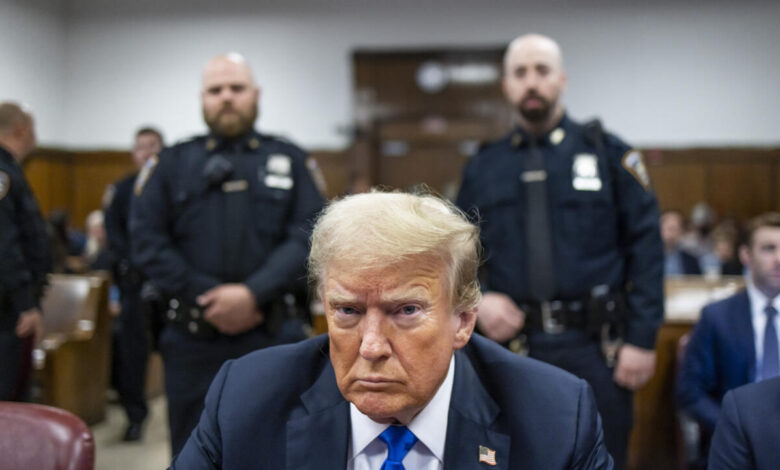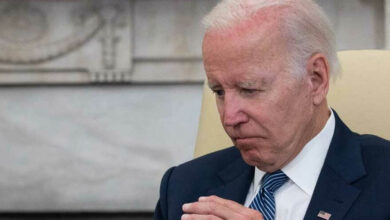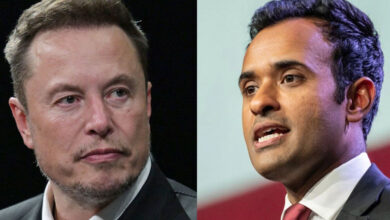Politics
Trump Sentenced to Unconditional Discharge in Historic Hush Money Case
Donald Trump receives an unconditional discharge in a landmark hush money case, marking a significant moment in legal history.

Sentencing of Donald Trump in Hush Money Case: On January 10, 2025, President-elect Donald Trump was sentenced in a historic New York criminal case concerning hush money payments, marking him as the first U.S. president or president-elect to be convicted of a felony. New York Judge Juan Merchan sentenced Trump to an “unconditional discharge,” meaning he avoids jail time, fines, or probation despite being found guilty on 34 counts of falsifying business records.
Details of the Case: The conviction stems from payments made to adult film star Stormy Daniels to keep silent about an alleged affair during the 2016 presidential campaign. Trump, who appeared virtually for the sentencing from his Mar-a-Lago residence, maintained his innocence, decrying the case as a “political witch hunt” designed to damage his reputation. His legal team has announced plans to appeal the conviction, arguing that the case should never have been brought against him.
Reactions and Implications: The sentencing has sparked a wide range of reactions across the political spectrum. On X, posts reflect a polarized America, with Trump’s supporters viewing the sentencing as a vindication given the lack of penalties, while critics argue that the conviction, regardless of the sentence, tarnishes Trump’s legacy. The unconditional discharge has been interpreted by some as a nod to the complexities of sentencing a president-elect, avoiding any potential constitutional crises or disruptions to governmental operations.
Legal and Political Context: This sentencing comes after a series of legal battles where Trump sought to delay or dismiss the case, including an unsuccessful appeal to the Supreme Court to block the sentencing. Despite the conviction, Trump’s political standing among Republicans appears largely unaffected, as evidenced by his recent election victory. The case underscores ongoing debates about legal accountability for high-profile political figures and the intersection of law and politics in the United States.
Looking Forward: With Trump set to take office for a second non-consecutive term on January 20, this sentencing adds a unique chapter to American legal and political history. The appeal process is expected to continue, potentially extending the legal saga into Trump’s presidency, keeping the issue alive in the public discourse.




